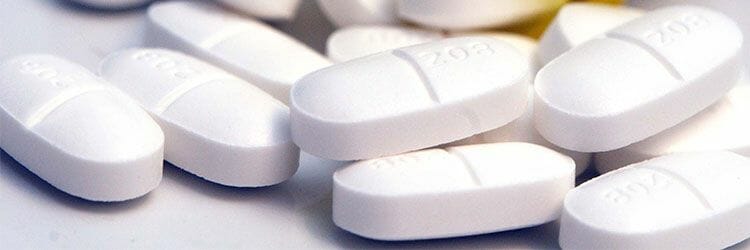
The Risks & Effects of Stimulant Abuse
Stimulants increase alertness, attention, and energy, as well as elevate blood pressure, heart rate, and respiration. Stimulants were formerly used to treat asthma and other respiratory conditions, obesity, and neurological disorders. Unfortunately, their potential for abuse and addiction became recognized and so the medical use of stimulants has since decreased. Today, stimulants are only prescribed to treat a few health conditions, including ADHD, narcolepsy, and occasionally depression. Note that they are only prescribed for these conditions if the person affected has not responded to other treatments.
Stimulants act in the brain similarly to a family of key brain neurotransmitters called monoamines, which include norepinephrine and dopamine. Stimulants enhance the effects of these chemicals in the brain. The associated increase in dopamine can induce a feeling of exhilaration when stimulants are taken non-medically, and can become very addictive.
The dramatic increase in stimulant prescriptions over the last 20 years has led to their greater environmental availability and an increased risk for diversion and abuse. For those who take these medications to improve properly diagnosed conditions, they can be very helpful and life-changing. However, because they are perceived by many to be generally safe and effective, prescription stimulants, such as Concerta, Ritalin or Adderall, are increasingly being used to address nonmedical conditions or events. (DrugAbuse.gov)
As with other drugs of abuse, it is likely that individuals who are not medically prescribed to use stimulants, are generally more likely to become dependent or addicted to them. In addition, there are many short and long-term effects associated with use with discontinuing use of stimulants.
Short-term effects of the repeated abuse of stimulants include:
- Loss of appetite
- Increase heart rate, blood pressure, body temperature
- Dilation of pupils
- Disturbed sleep patterns
- Nausea
- Bizarre, erratic, sometimes violent behavior
- Hallucinations
- Irritability
- Panic and psychosis
- Convulsions, seizures and death from high doses
Long-term effects of the repeated abuse of stimulants include:
- Permanent damage to blood vessels of heart and brain, high blood pressure leading to heart attacks, stroke and death
- Liver, kidney and lung damage
- Destruction of tissues in nose if sniffed
- Respiratory issues if smoked
- Infection diseases and abscesses if injected
- Malnutrition, weight loss
- Disorientation, apathy, confused exhaustion
- Strong psychological dependence
- Psychosis
- Depression
- Damage to the brain including strokes and possibly epilepsy
It is critical to seek treatment for stimulant abuse as soon as possible. If you know someone who is abusing stimulants, there is hope and help. Crossroads at the David Lawrence Centers in Naples, Florida is dedicated to empowering individuals to recovery from addiction by providing affordable, quality, comprehensive and holistic treatment using the most innovative treatments for stimulant abuse and other substance use issues. For more information, contact admissions or call (239) 354-1428.
Nov 19, 2015 | Blog



